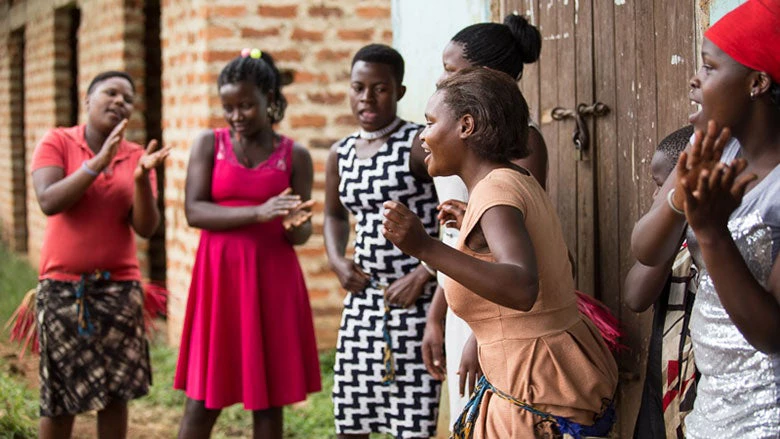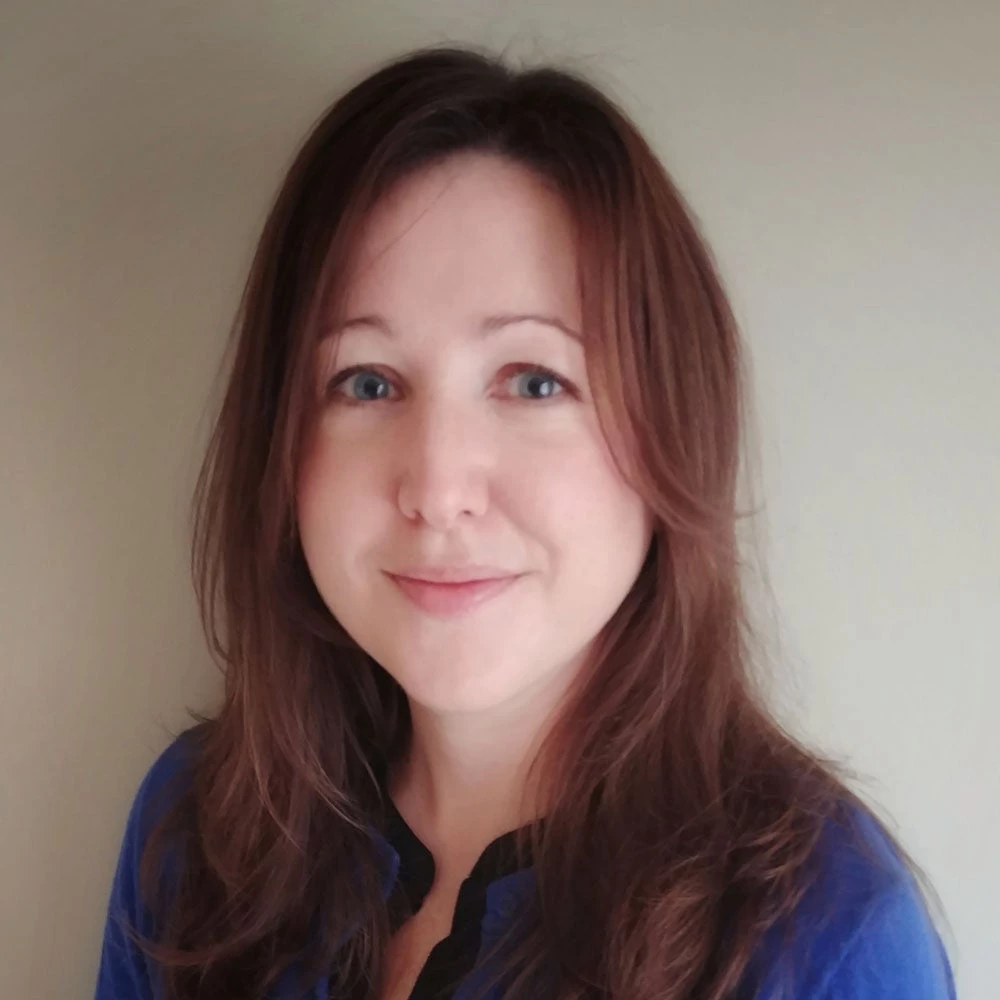
For the World Bank’s partner governments, investing in roads and other infrastructure development is critical to driving growth and reducing poverty. At the same time, adverse social impacts can occur if social risks are not properly assessed, mitigated and managed. In particular, projects that involve large labor influxes—such as road construction projects in rural areas—can contribute to an increased risk of gender-based violence in the local community, including sexual exploitation and abuse of women and adolescent girls.
While governments and infrastructure project contractors are mandated to manage social risks, little can be done without effective response structures at the local level. In many rural settings, the response capacity of law enforcement and social protection structures are hindered by lack of technical training, limited resources to facilitate a coordinated response, long distances to service delivery points for survivors, and social norms that hinder reporting and legal redress.
A pilot project in Uganda, the Supporting Children’s Opportunities through Protection and Empowerment (SCOPE) Project is exploring these questions of comprehensive protection. SCOPE is supporting interventions that are particularly relevant at this moment since the World Bank and its partner governments are rolling out the Environmental and Social Framework (ESF) to ensure that communities are protected from adverse project impacts.
SCOPE, led by the Uganda Ministry of Gender, Labor and Social Development, is demonstrating how governments can partner with non-governmental organizations (NGOs) to better prevent and respond to sexual abuse of children by empowering existing government and community structures at every level.
Response to sexual abuse of women and girls is, in a large part, a government mandate and the project focuses on building this capacity within the existing structures. NGOs with expertise in GBV prevention and response work alongside government duty bearers to improve their technical skills, build the use of survivor-focused and child-friendly approaches, and enhance coordination mechanisms. The project has supported the International Justice Mission to provide case management support to social workers and the justice system, World Vision for emergency health and psychosocial support, BRAC for community engagement and prevention and Joy for Children for community referrals and case management.
Mentorship under the project has reinforced systematic technical trainings with on-the-job guidance to police, social workers and health workers. A psychosocial mentor may guide a social worker in providing psychosocial support, assessment of a child’s needs, and referral for services. While a mentor can only be involved in a limited number of cases, skills learned through mentorship are leveraged across the duty-bearer’s case load, enabling them to deliver better service to the next child. Mentorship itself does not solve the resource gap in funding justice and social protection structures, but it helps to demonstrate the effectiveness of the system when properly resourced and advocate for the necessary improvements.
Often, sexual abuse of children in Uganda remains unreported because communities do not trust the capacity of response structures and social norms that allow them to settle cases outside of the law. Therefore, comprehensive protection requires activation of local referral pathways, such as community and leaders, women’s and girls’ groups and religious institutions, as well as attention to perceptions and practices that can impact prevention efforts and reporting. SCOPE balances mentorship and support to government response structures with empowerment of girls through girls’ groups, community engagement, and awareness-raising on preventing sexual abuse and obtaining services for survivors.
Through it all, we recognize that prevention and response for sexual violence cases is not the work of one office, and multisectoral coordination is central to our approach. Trainings and District Action Centers provide platforms – unique to SCOPE – for police, social workers, health workers and district officials to understand each other’s roles and discuss key issues in managing and cooperating on cases.
Project interventions have emphasized the need to work through existing government and community structures; building the capacity of those structures through targeted third-party NGO support; community engagement to both prevent and respond to sexual abuse of children; and building a comprehensive, multi-disciplinary approach can be built into project risk assessment, mitigation and management measures in the future.
While this is a pilot project, SCOPE interventions can provide insights as the World Bank, borrower governments, and project contractors consider how to meet their obligations under the ESF to practically manage GBV-related social risks. In particular, SCOPE is showing that prevention and response go hand in hand: communities must be engaged and empowered to understand the referral pathways and available services. At the same time, prevention and sensitization cannot occur in isolation: if the community is empowered to report cases, the law enforcement, social protection and health-related structures to which they report must ably respond.



Join the Conversation